Home>Home Maintenance>Why Is My LG Front Load Washer Leaking Underneath
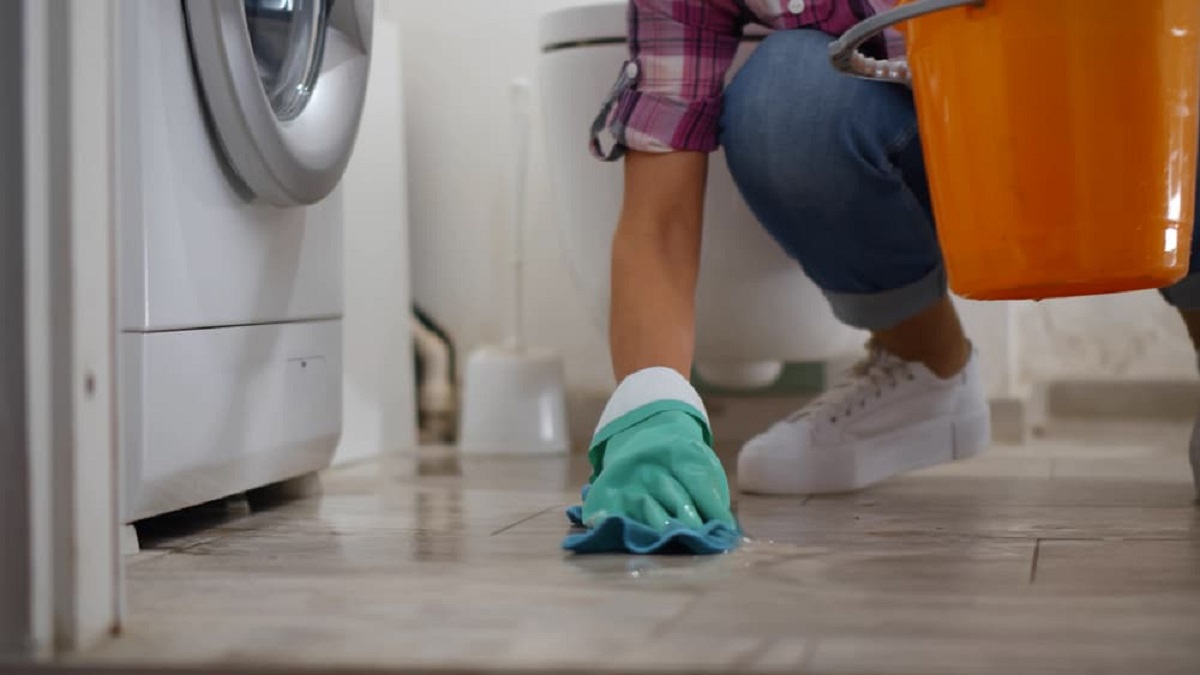

Home Maintenance
Why Is My LG Front Load Washer Leaking Underneath
Modified: October 20, 2024
Discover why LG front load washers are leaking from underneath and find helpful articles to resolve this issue.
(Many of the links in this article redirect to a specific reviewed product. Your purchase of these products through affiliate links helps to generate commission for Storables.com, at no extra cost. Learn more)
Introduction
Having a leaking LG front load washer can be a frustrating experience. Not only does it create a mess, but it also indicates a potential issue with the appliance. If you find that your LG front load washer is leaking underneath, it’s crucial to address the problem promptly to prevent further damage to the machine or your home.
A leaking washer can have various causes, ranging from simple issues that can be easily fixed to more complex problems that require professional assistance. In this article, we will explore the possible causes of a leaking LG front load washer underneath and provide troubleshooting steps to help you resolve the issue.
Key Takeaways:
- Address leaks promptly and follow preventive measures to keep your LG front load washer in excellent condition, ensuring years of trouble-free use.
- Knowing when to seek professional help for persistent leaks or visible damage can prevent further damage and extend the lifespan of your LG front load washer.
Read more: Why Is My Bathtub Leaking Underneath
Possible causes for a leaking LG front load washer underneath
There are several potential causes for a leaking LG front load washer underneath. Understanding these causes can help you identify and address the issue effectively. Here are some common culprits:
- Worn or damaged door seal: The door seal, also known as the gasket, prevents water from leaking out of the washer. Over time, the seal can degrade or develop tears, leading to water leakage underneath the appliance. Inspect the door seal for any signs of wear or damage and replace it if necessary.
- Clogged drain hose: A clogged drain hose can cause water to back up and leak underneath the washer. Check the drain hose for any blockages or kinks that may be hindering proper water flow. Clear any obstructions and ensure that the hose is properly connected.
- Loose or damaged water inlet valve: The water inlet valve is responsible for controlling the flow of water into the washer. If the valve is loose or damaged, it may not be able to fully shut off the water supply, leading to leaks. Inspect the water inlet valve and tighten any loose connections or replace it if necessary.
- Excessive detergent use: Using too much detergent can result in excessive suds, causing the washer to overflow and leak. Follow the manufacturer’s recommended detergent dosage and avoid overfilling the dispenser with detergent.
- Improper leveling: If the washer is not level, it may cause water to pool and leak underneath the appliance. Check that the washer is properly leveled using a bubble level, adjusting the feet as needed to ensure stability.
These are just a few potential causes for a leaking LG front load washer underneath. It’s essential to troubleshoot and address the issue promptly to prevent further damage and maintain the optimal performance of your appliance.
How to troubleshoot and fix a leaking LG front load washer underneath
If you notice that your LG front load washer is leaking underneath, there are several steps you can take to troubleshoot and fix the issue. Here’s a guide to help you resolve the problem:
- Check the door seal: Inspect the door seal for any visible signs of wear, tears, or damage. If you notice any issues, replace the seal following the manufacturer’s instructions.
- Inspect the drain hose: Examine the drain hose for any clogs or kinks that may be obstructing the water flow. Clear any blockages and ensure that the hose is properly connected to the drain or outlet.
- Tighten or replace the water inlet valve: Check the water inlet valve for any loose connections. If you find any, tighten them using a wrench or replace the valve if it is damaged or faulty.
- Reduce detergent usage: Use the recommended amount of detergent according to the manufacturer’s instructions. Avoid overfilling the detergent dispenser to prevent excessive suds and overflow.
- Level the washer: Make sure the washer is properly leveled by using a bubble level. Adjust the feet as necessary to ensure stability and prevent water from pooling underneath the appliance.
- Inspect the drain pump: The drain pump is responsible for removing water from the washer during the drain cycle. Check for any clogs or debris that may be obstructing the pump. Clean the pump if necessary or replace it if it is faulty.
- Ensure proper loading: Overloading the washer can cause water to spill over and leak. Follow the manufacturer’s guidelines for the maximum load capacity and avoid overcrowding the machine.
- Regularly clean the detergent dispenser: Residue and buildup in the detergent dispenser can cause a leak. Remove the dispenser tray and clean it thoroughly, removing any accumulated detergent or debris.
- Inspect the drum and tub: Check the drum and tub for any cracks or damage that may be causing water to leak. If there are any issues, consider contacting a professional for repairs or a possible replacement.
By following these troubleshooting steps, you can often identify and resolve the source of the leak in your LG front load washer. However, if the issue persists or if you are not comfortable performing these tasks, it is advisable to seek the assistance of a professional appliance repair technician.
Check the door seal for tears or damage, as this is a common cause of leaks in LG front load washers. Also, make sure the drain hose is properly connected and not clogged.
Steps to prevent leaks in an LG front load washer
Preventing leaks in your LG front load washer is essential to maintain its longevity and performance. By following these steps, you can minimize the risk of leaks and keep your washer in optimal condition:
- Regularly inspect and clean the door seal: Check the door seal for any signs of wear, tears, or damage. Clean the seal regularly to remove any debris or residue that may cause leaks. Consider using a mild detergent and a soft cloth for cleaning.
- Use the recommended amount of detergent: Always follow the manufacturer’s instructions regarding the appropriate detergent dosage for your specific washer. Using too much detergent can result in excessive suds and overflow, leading to leaks.
- Properly load the washer: Avoid overloading the washer as it can lead to imbalance and water spillage. Follow the manufacturer’s guidelines for the maximum load capacity to prevent leaks.
- Level the washer: Ensure that the washer is properly leveled by using a bubble level. Adjust the feet as needed to achieve stability. This will prevent water from pooling and potentially leaking underneath the appliance.
- Regularly clean the detergent dispenser: Residue and buildup in the detergent dispenser can cause leaks. Remove the dispenser tray and clean it thoroughly, removing any accumulated detergent or debris.
- Inspect and maintain the drain hose: Regularly check the drain hose for any blockages or kinks that may impede water flow. Clear any obstructions and ensure that the hose is tightly connected.
- Monitor for leaks and address them promptly: Keep an eye out for any signs of leaks, such as water pooling underneath the washer or damp spots on the floor. If you notice any leaks, investigate and resolve the issue promptly to prevent further damage.
- Consider using a leak detection device: Installing a leak detection device near your washer can provide an added layer of protection. These devices can detect leaks and alert you to take action before significant damage occurs.
By following these preventive measures, you can significantly reduce the likelihood of leaks in your LG front load washer. Regular maintenance and attentive monitoring will help ensure the optimal performance and longevity of your appliance.
When to seek professional help for a leaking LG front load washer underneath
While troubleshooting and resolving minor leaks in your LG front load washer can often be done by following the steps outlined above, there are situations where it is best to seek professional help. Here are some scenarios where contacting a professional for assistance is recommended:
- Persistent leaks: If you have tried troubleshooting the issue and the leaks continue to persist, it may indicate a more complex underlying problem. A professional technician will have the expertise to diagnose and repair the issue correctly.
- Visible damage or cracks: If you notice any visible damage, such as cracks in the drum or tub, it is crucial to contact a professional. These types of issues typically require specialized repair or replacement by a qualified technician.
- Electrical or mechanical issues: If you suspect that the leak is due to electrical or mechanical problems, it is essential to seek professional help. Attempting to fix these issues without proper knowledge and training can be dangerous and may cause further damage to the appliance.
- Warranty coverage: If your LG front load washer is still under warranty, it’s advisable to contact the manufacturer or authorized service center. Attempting to repair the appliance yourself or seeking help from unauthorized technicians may void the warranty.
- Lack of experience or knowledge: If you are not confident in your ability to troubleshoot and fix the issue, it is always better to seek professional help. Professional technicians have the expertise, tools, and knowledge to identify and resolve the problem efficiently and safely.
Remember, attempting to repair complex issues without the necessary skills and knowledge can lead to further damage or personal injury. It is best to rely on trained professionals who have experience working with LG front load washers.
By knowing when to seek professional help, you can ensure that the leaks in your LG front load washer are addressed properly, minimizing the risk of further damage and extending the lifespan of your appliance.
Read more: Why Is My Mattress Wet Underneath
Conclusion
A leaking LG front load washer can be a frustrating and potentially damaging problem. However, by understanding the possible causes and following the troubleshooting steps outlined in this article, you can often identify and resolve the issue yourself. Taking proactive measures to prevent leaks, such as properly maintaining the washer and following the manufacturer’s guidelines, can also help minimize the risk of future leaks.
While many leaks can be fixed through DIY solutions, there are instances where it is advisable to seek professional help. Persistent leaks, visible damage or cracks, electrical or mechanical issues, warranty coverage, and lack of experience or knowledge are all situations where contacting a professional technician is recommended.
Remember, the key to resolving and preventing leaks is prompt action. Regularly inspect and maintain your LG front load washer, paying attention to the door seal, drain hose, water inlet valve, and detergent dispenser. By addressing leaks early on and seeking professional help when needed, you can ensure the optimal performance and longevity of your appliance.
Leaking is a common problem that can occur in any washing machine, but by being proactive and following the right steps, you can prevent and resolve these issues effectively. Keep your LG front load washer running smoothly and enjoy the convenience of clean clothes without the hassle of leaks.
By addressing leaks promptly and implementing preventive measures, you can keep your LG front load washer in excellent working condition and enjoy years of trouble-free use.
Frequently Asked Questions about Why Is My LG Front Load Washer Leaking Underneath
Was this page helpful?
At Storables.com, we guarantee accurate and reliable information. Our content, validated by Expert Board Contributors, is crafted following stringent Editorial Policies. We're committed to providing you with well-researched, expert-backed insights for all your informational needs.
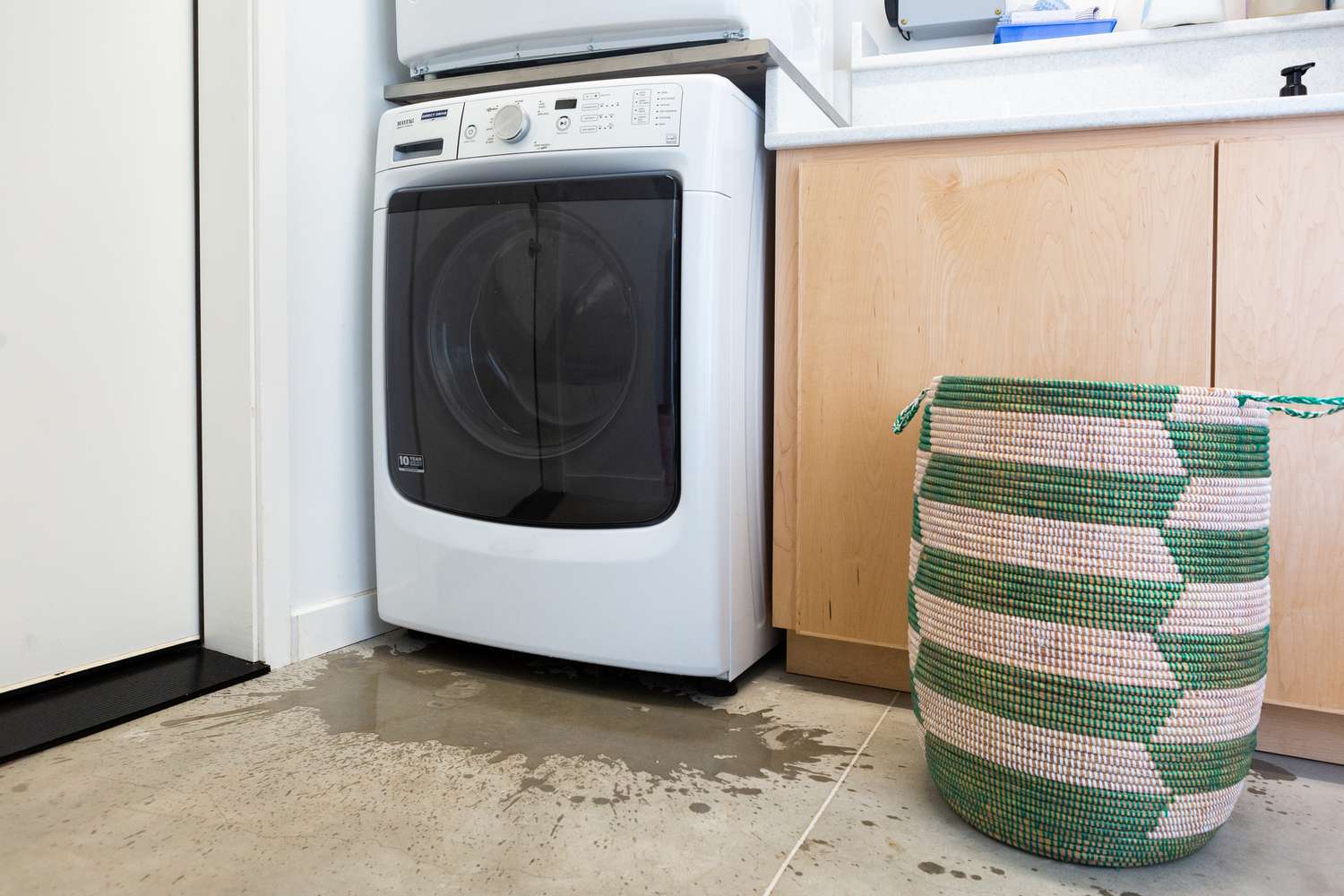
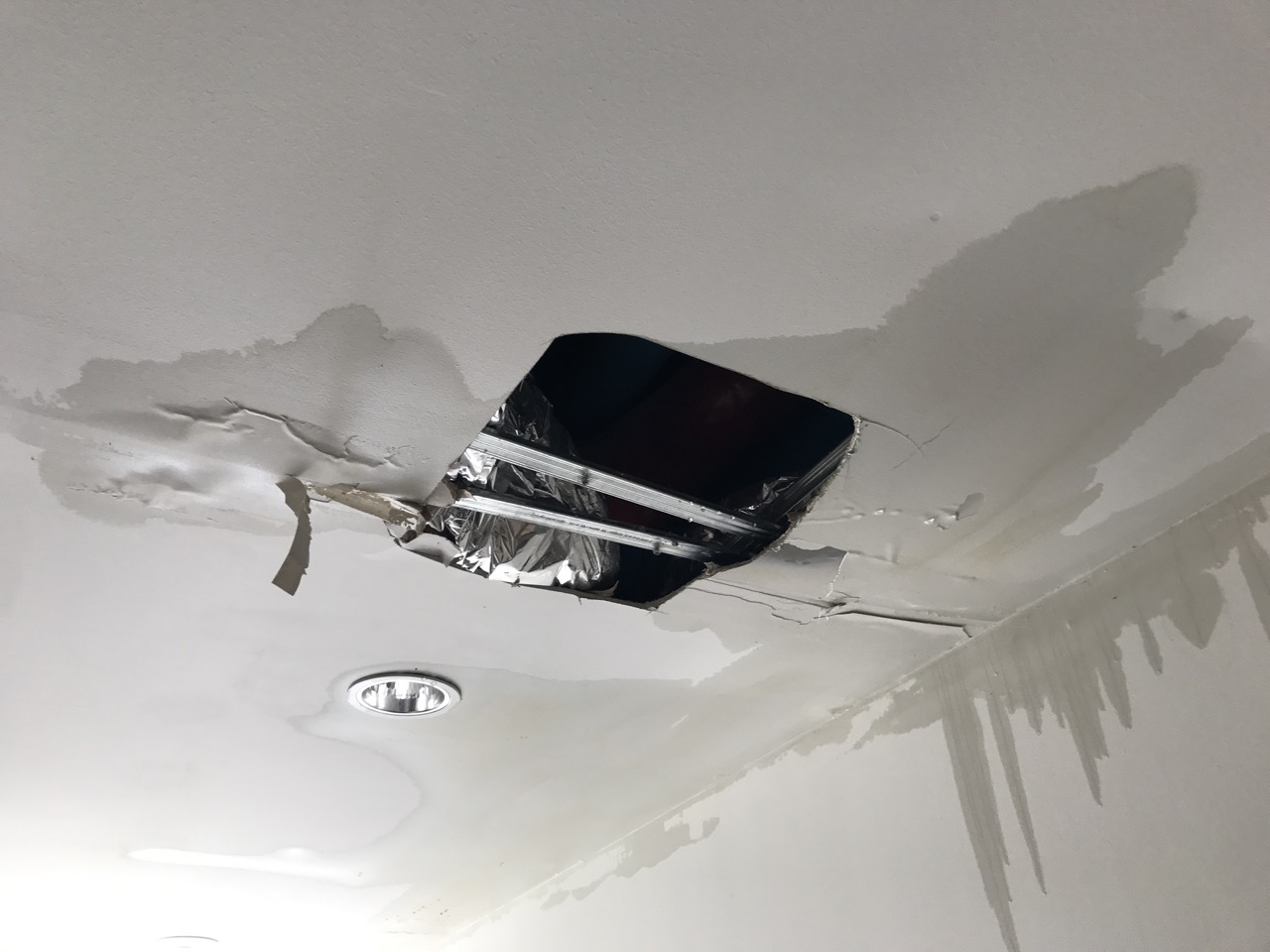
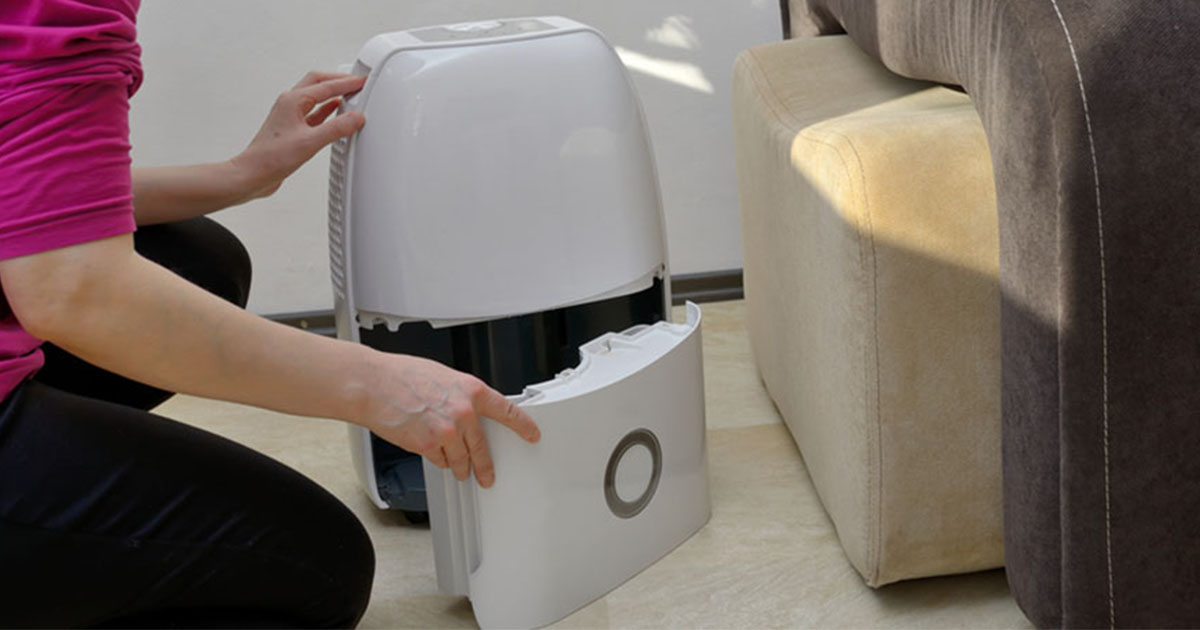
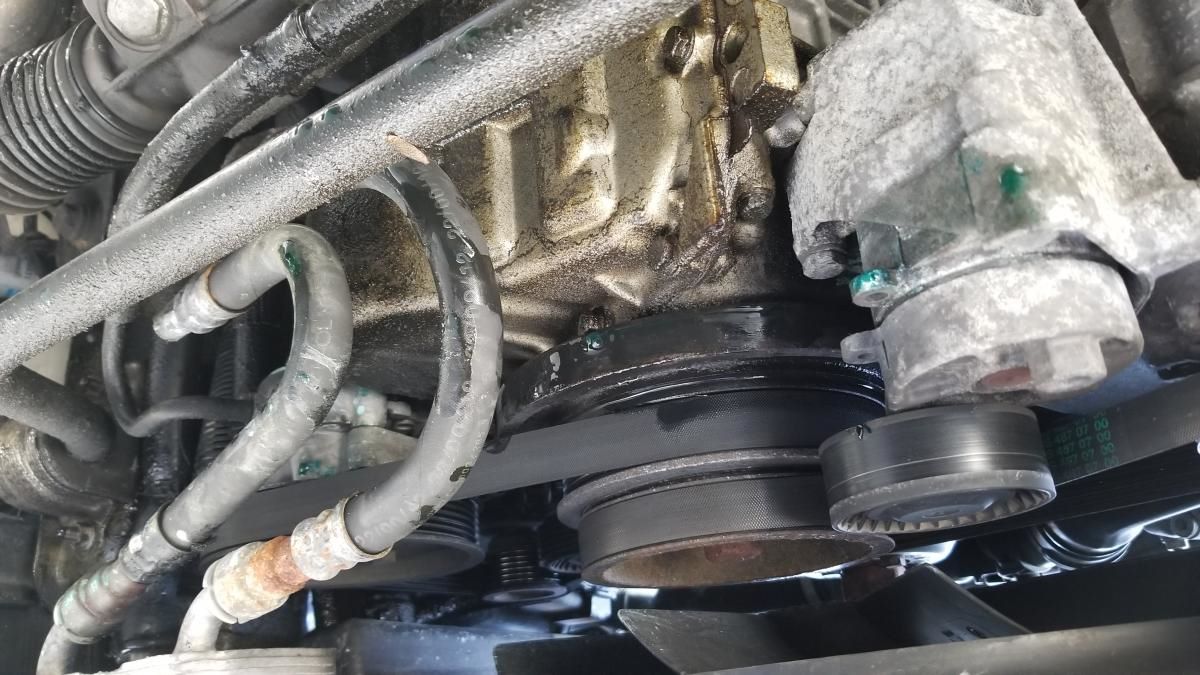
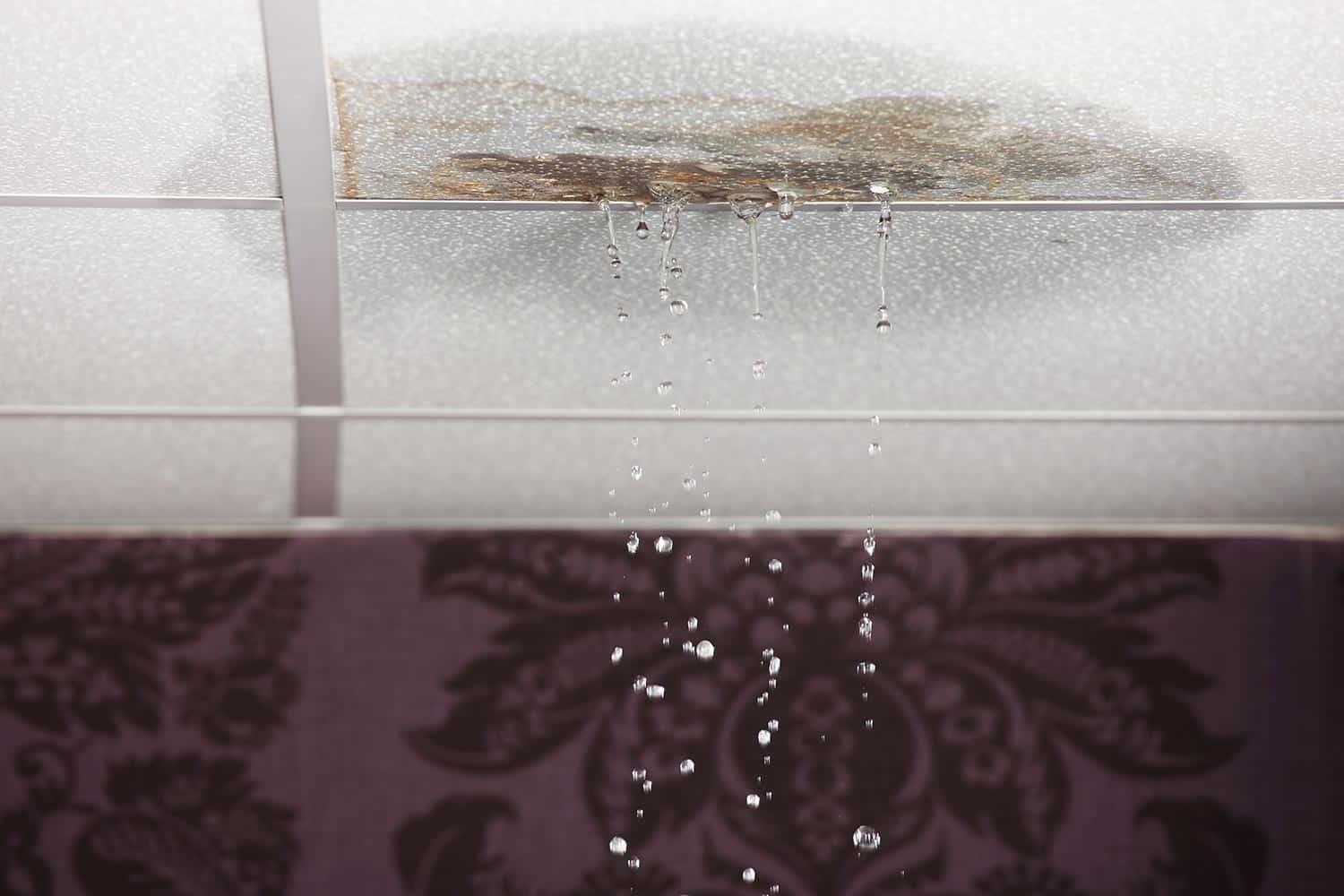
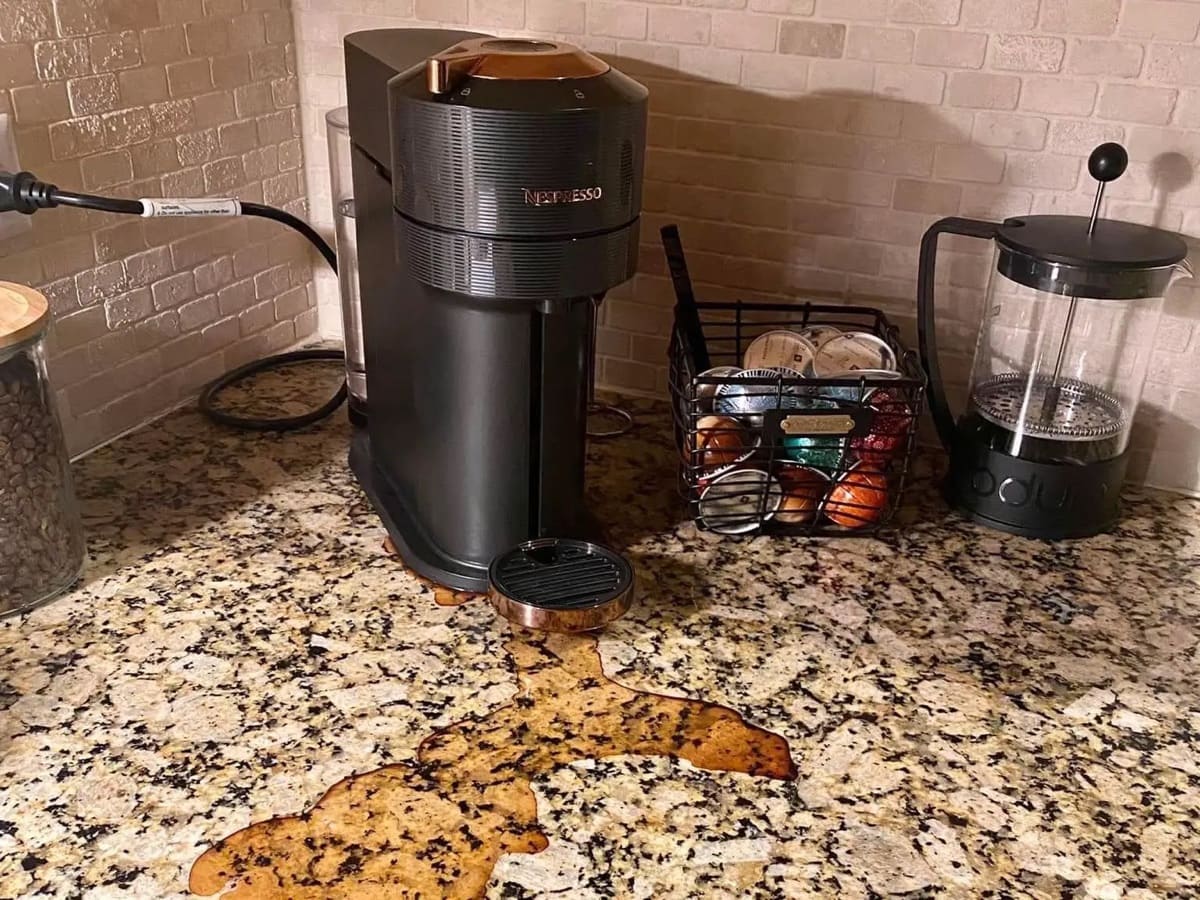
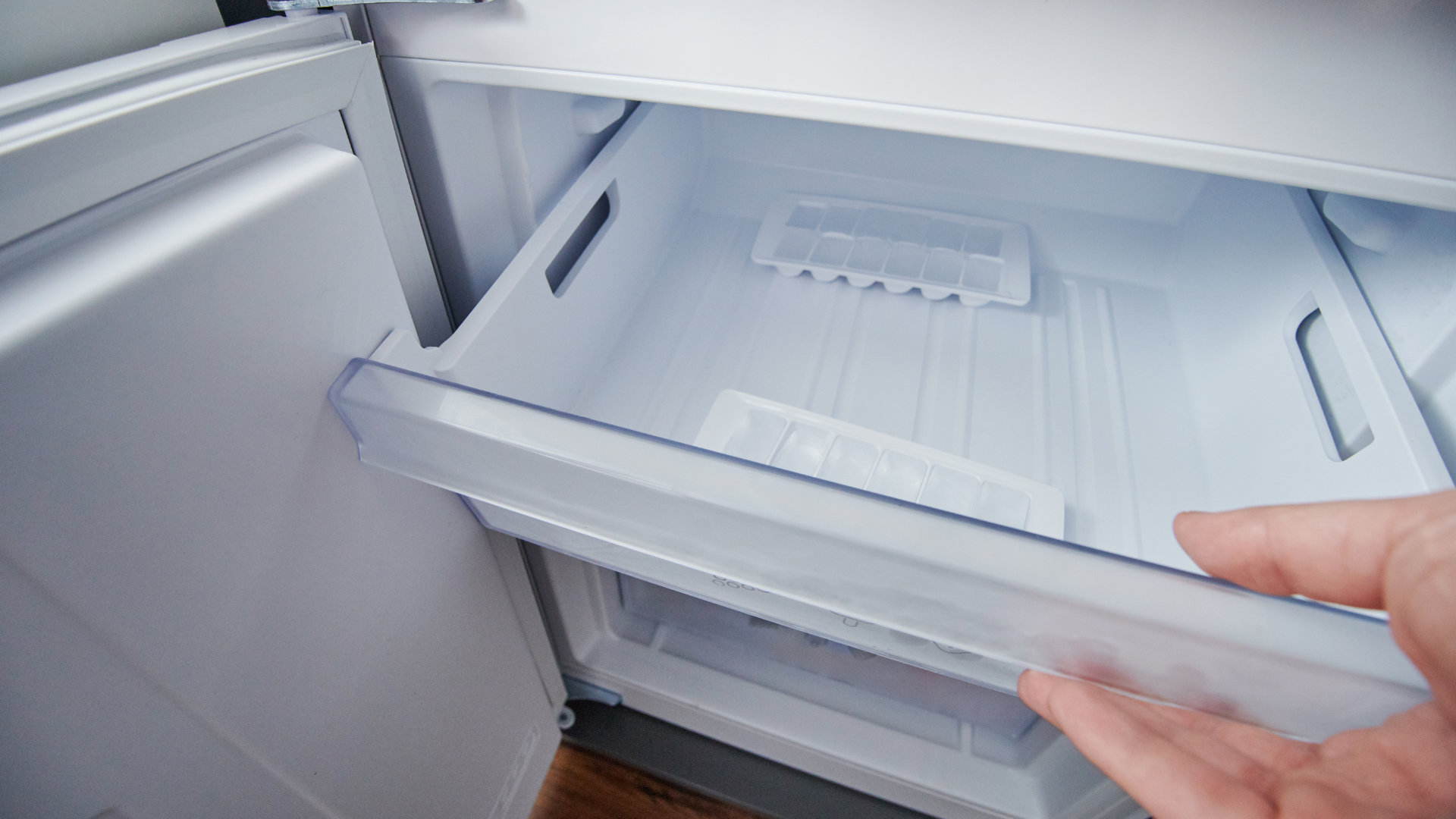
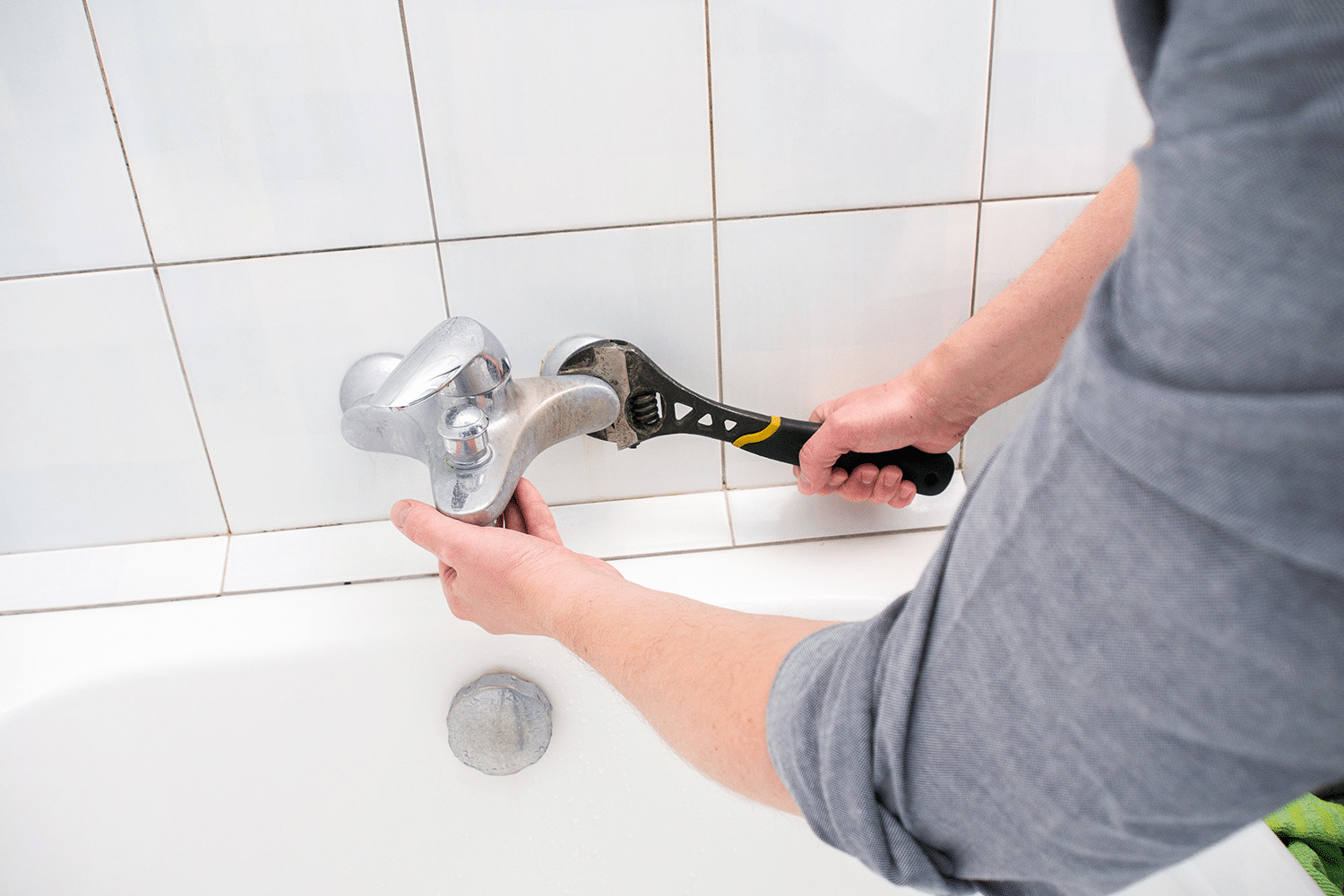



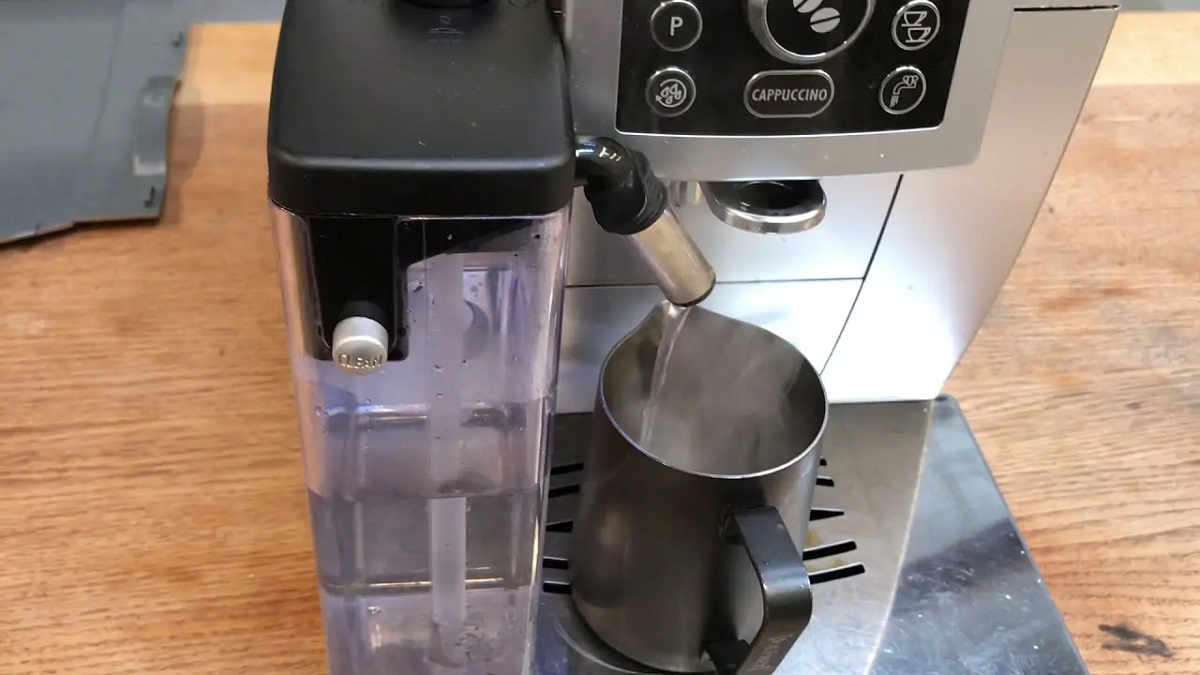
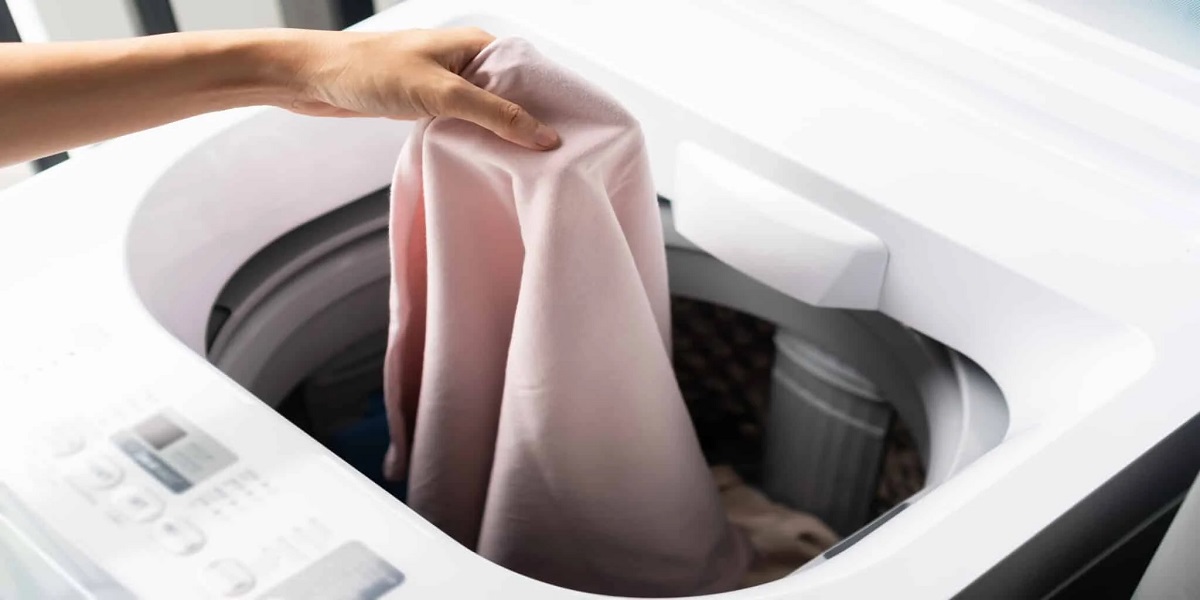
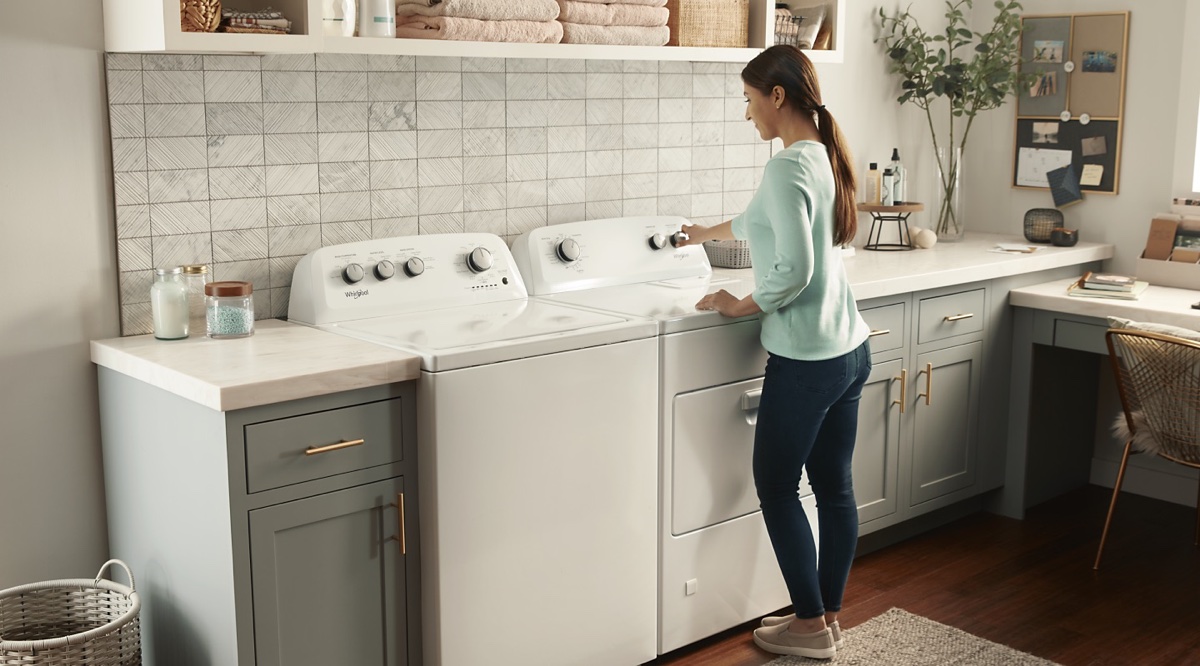

0 thoughts on “Why Is My LG Front Load Washer Leaking Underneath”